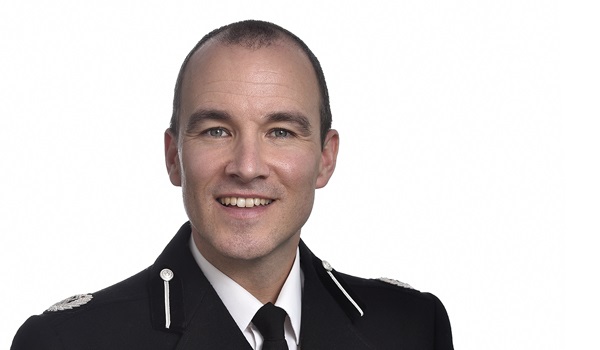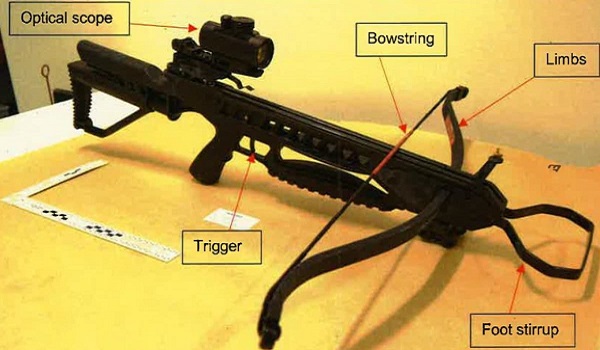Warnings over ‘inconsistent’ monitoring of criminals after release from jail
Dangerous criminals are being downgraded to the lowest level of monitoring from police and other bodies too quickly after being freed from jail, the Chief Inspector of Probation has warned.
Justin Russell said Multi-Agency Public Protection Arrangements (Mappa), a system which has been in place for 20 years, is “underused” and “inconsistent”.
Reducing the level of monitoring too rapidly could have a “deleterious effect”, he said as he highlighted the cases of Joseph McCann and Leroy Campbell.
Serious violent criminals being supervised by probation and registered sex offenders are among those subject to Mappa to monitor the danger they may pose to the public once released from prison.
Some 87,657 offenders were placed under Mappa as of March 2021 but the majority of cases (98.4 per cent) are graded at the lowest level – level one – which means formal meetings of bodies including police, probation, prison and council services to share key information and concerns are not required.
The overall Mappa caseload is up 70 per cent since 2011 but the proportion of offenders subject to the higher levels of monitoring (two and three) – requiring meetings with senior managers involved – has halved and is now less than two per cent of the total, according to findings published on Thursday (July 14).
McCann carried out a string of sex attacks in 2019 after being freed from jail amid major failings by probation staff while Campbell raped and murdered Lisa Skidmore in 2016 having left prison three months earlier. Both had been downgraded from level two to level one Mappa monitoring shortly after being freed from jail, Mr Russell said.
An inspection, carried out by the probation, police and prisons watchdogs to assess the effectiveness of Mappa, examined a sample of 107 cases, spoke to 67 probation staff and made 19 recommendations for improvement.
Of 60 level one cases analysed, inspectors found the status had “little meaning” and only “enhanced the management of risk of harm” in a third of those checked.
Over a fifth of the level one cases inspected “should have been managed at Level 2, which was a concern” and not enough domestic abusers were being referred for the appropriate level of monitoring, Mr Russell said.
Nine cases from the sample inspected had been downgraded to level one too quickly, he warned. Asked whether this could equate to thousands of cases nationally, Mr Russell said: “Potentially yes”.
Some 168 offenders were charged with committing serious further offences in 2021, 88 per cent of whom were subject to the lowest level of Mappa monitoring at the time, the inspection report said.
When properly used, Mappa can “add significant value to the effective monitoring and management of high-risk offenders” Mr Russell said, but added: “Right now, Mappa use appears inconsistent.
“Some areas interpret the criteria differently and aren’t referring enough cases for formal, multi-agency management. Essentially, they are underused: for cases managed at the lower level one, contact is not sufficient, reviewing is too often unsatisfactory.”
Some staff who contributed to the report blamed bureaucracy for the lack of referrals to higher level of monitoring. Mr Russell said they felt like they had to jump through “hoops” to escalate cases so “didn’t think it was worth bothering”.
Although the report also praised examples of good practice, chief inspector of prisons Charlie Taylor warned some cases were “not getting the attention they deserved” while inspector of constabulary Wendy Williams highlighted a “lack of consistency and coherency in Mappa”.
The Ministry of Justice (MoJ) said: “This report recognises that Mappa is an effective tool, helping to protect the public from the most dangerous offenders, and we have introduced a range of measures to ensure it is used as robustly as possible.
“These include improvements to guidance, training and the flow of information between agencies so that Mappa arrangements are applied consistently across England and Wales.”







